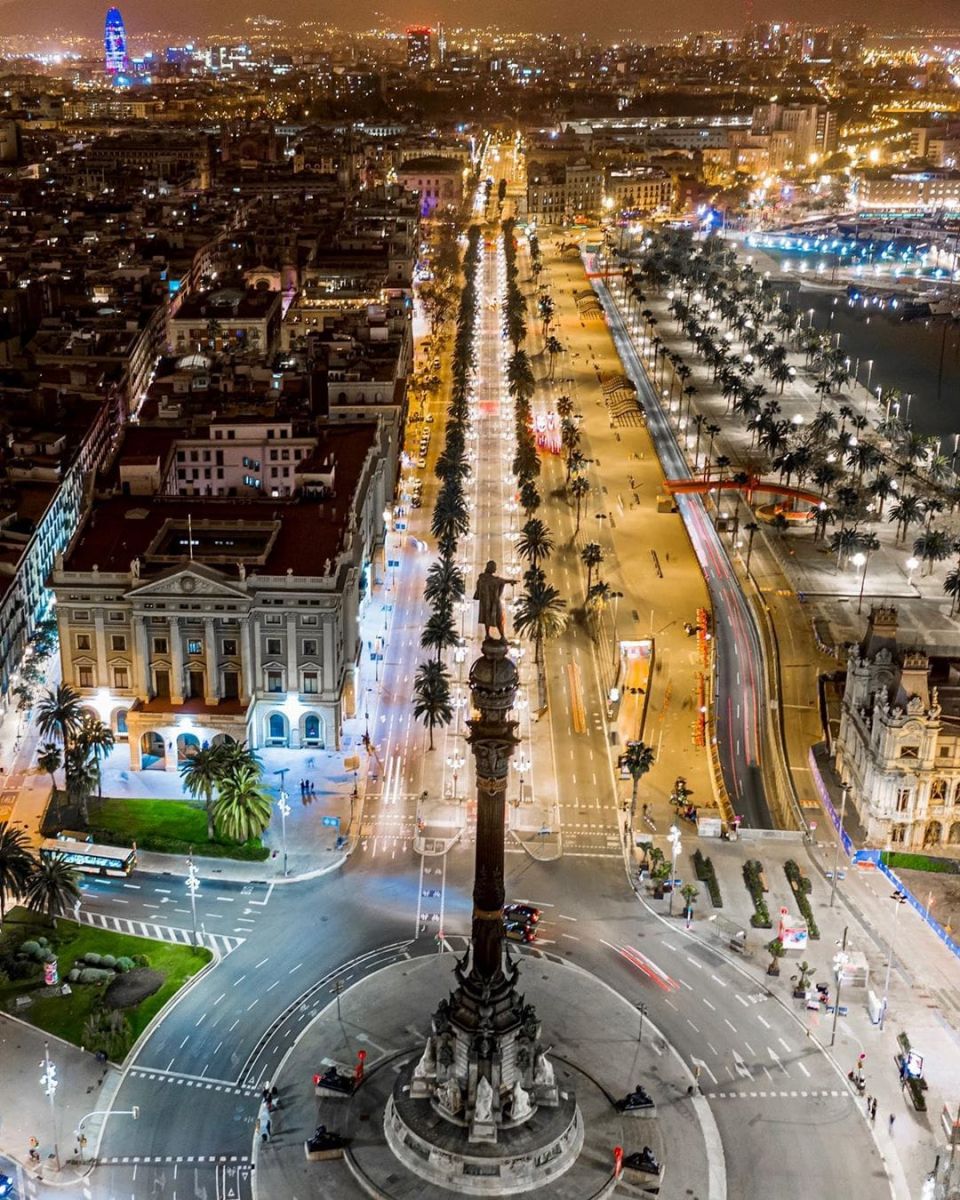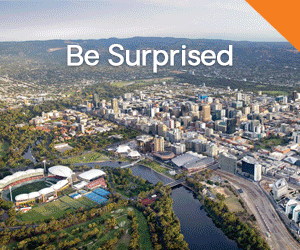Barcelona: Remember that Last Splash in the Mediterranean?

After all those newsflashes of over-tourism and the steady growth of business events year by year, Barcelona is facing a new reality and trying to circumvent challenges with the help of connections. Rethinking the strategic model and preserving business relationships is vital to the city's convention bureau.
-cópia.jpg) “You cannot imagine how good it was heading to Malaga two weeks ago, to attend the ICCA Regional hub..." This is how Christoph Tessmar, (right photo) executive director of Barcelona Convention Bureau (BCB), kicked-off our long conversation about MICE operations in a pandemic year. Certainly, he is describing a state of mind that is shareable among various event professionals, since the second lockdown took place in Europe. Barcelona is in a similar situation to several other cities with a late-night curfew, the closing of restaurants, venues, non-essential stores and the tightening of measures on holidays and weekends. An unthinkable scenario if we only go back one year: more than 150 business meetings in 2019 have positioned the city as one of the main international conference destinations in the world.
“You cannot imagine how good it was heading to Malaga two weeks ago, to attend the ICCA Regional hub..." This is how Christoph Tessmar, (right photo) executive director of Barcelona Convention Bureau (BCB), kicked-off our long conversation about MICE operations in a pandemic year. Certainly, he is describing a state of mind that is shareable among various event professionals, since the second lockdown took place in Europe. Barcelona is in a similar situation to several other cities with a late-night curfew, the closing of restaurants, venues, non-essential stores and the tightening of measures on holidays and weekends. An unthinkable scenario if we only go back one year: more than 150 business meetings in 2019 have positioned the city as one of the main international conference destinations in the world.
“Retaining clients is essential. We have been working with our partners and meeting planners in big events scheduled for next year, such as the Mobile World Congress (MWC) or the Integrated Systems Europe 2021,” says Tessmar. In fact, most of their clients have postponed this year's events to 2021, due to travel restrictions and market instability. “Everybody understands that it will be difficult to produce the same events we did in the past. Nobody can expect 100 thousand people at MWC but if we can get one tenth of those delegates, it will be refreshing.” Yet, with several open bids and a local network determined on resuming business in the second half of 2021, there is still a light at the end of the tunnel. “In the past couple of weeks, we just confirmed two important congresses. We all know that associations need to re-establish the path for events for their own survival.” On the other hand, Tessmar sees a marked resistance from corporate to come back due to the offspring of virtual. “We have to focus on being present without putting too much pressure. Digital gives you presence and broadens the range of your communication.”

The legacy project will keep endorsing sustainable events, bridging the scientific communities and the local startup hub with future delegates. Goals for 2021? For Tessmar, “first, we must ensure that the convention bureau continues to operate normally in the future. Then, we must deviate from the original script; under- standing that not everything will happen as planned before. The third is placing our goals back into the local economy, creating new solutions and empowering the partner network. Finally, improving our digital presence and the hybridisation process.”
Other Articles
About Us
Supported by the Union of International Associations (UIA), the International Association of Professional Congress Organisers (IAPCO) and the Interel Group, the global public affairs and association management consultancy, Headquarters Magazines serve the needs of international associations organising worldwide congresses.














